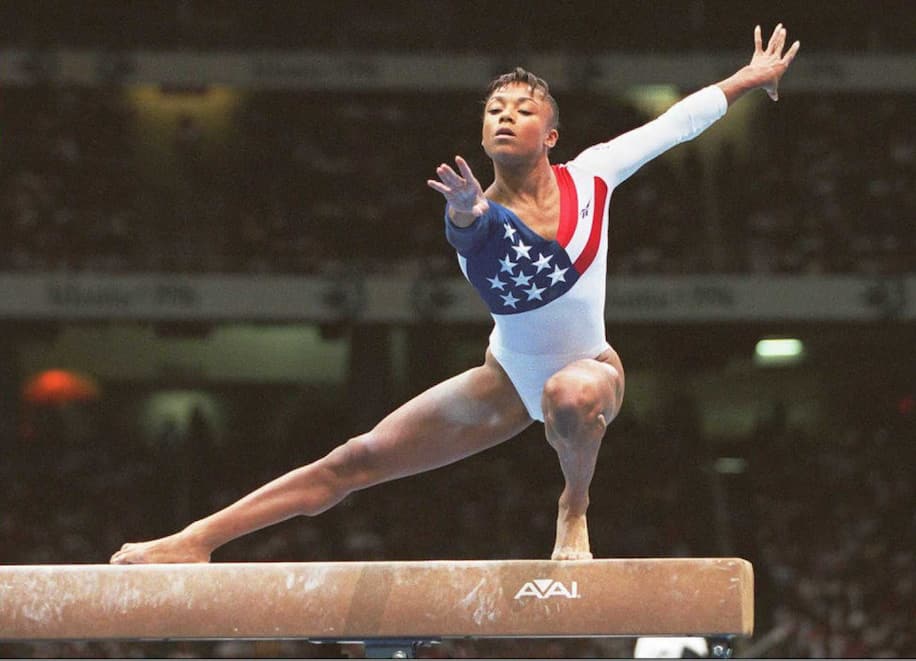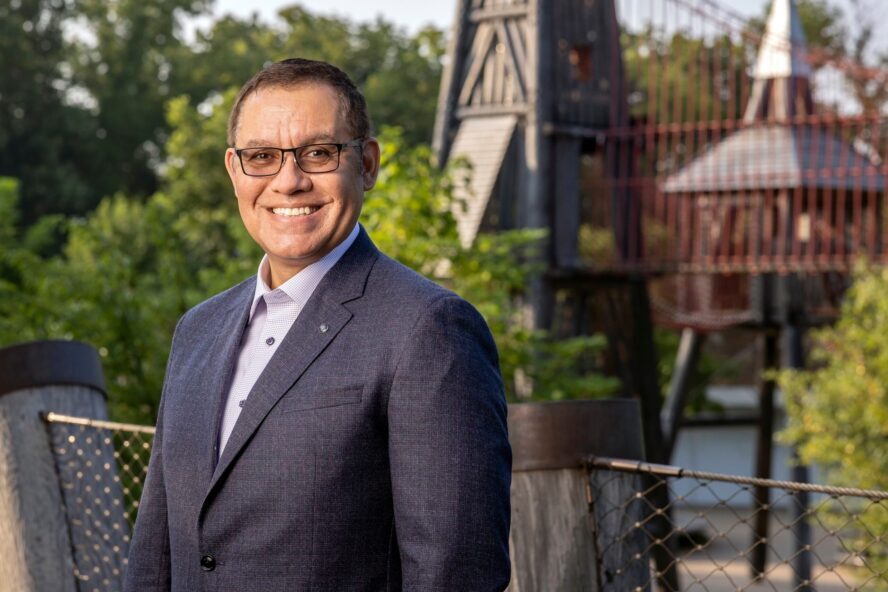
As a three-time Olympian and the first African American to win an Olympic gold medal in gymnastics, I’m one of the few people who can empathize with what Biles is going through — this feeling of having the “weight of the world” on her shoulders.
And to those who suggest this could be the end for Biles, I say this: In fact, it might just be the beginning.
I have lived and breathed gymnastics since I was 6 years old. I was a member of the U.S. national team for a decade. Through it all, I was exposed to the toxic culture of a sport that turned a blind eye to the verbal, physical, emotional and sexual abuse of its gymnasts.
In 1992, when I was 15 years old, I competed in my first Olympics, in Barcelona, where our team took the bronze. In Atlanta, in 1996 — where our team won gold — I had an emotional and mental breakdown. Before marching out into the Georgia Dome for the team competition, in front of thousands of screaming fans and with billions of people watching, I dropped to my knees and prayed, overwhelmed by the moment.
A teammate said, “Dominique, you’ve done this before, come on, we can’t do this without you!” Somehow, I pulled it together. But that experience haunted me for years.
U.S. gymnastics’ appalling culture has been felt at every level of the sport. Many coaches rule through intimidation and fear — and have been rewarded for it. They scream at practices that begin before sunrise and end after sunset. They bestow only scant praise, indulging instead in streams of criticism and looks of disgust.
I remember walking on eggshells, feeling as if I were always letting someone down. My bowed legs were a deduction. My flat feet were a deduction. I started feeling as if I myself were a deduction.
Young gymnasts push through agony and sickness out of fear and compete in emotional and physical pain. We may smile for the cameras and offer politically correct sound bites, but this hides the fact that for many of us, true happiness and freedom are rarely felt.
In a sport often devoid of kindness, Nassar presented himself as the “nice guy,” someone we gymnasts could talk to about anything. Of course, as the world now knows, Nassar didn’t care about the girls and women he treated. He was a pedophile, subjecting his victims to lasting psychological trauma, even as many were attempting to reveal other traumas to him.
I don’t have any recollection of being sexually abused by this monster. But his welcoming demeanor, especially at the 2000 Sydney Olympics, haunts me to this day.
At the 2000 U.S. Olympic Trials in Boston, I had pulled myself out after the preliminary competition. It had nothing to do with my performance; I could feel that the selection team didn’t want me there. My coach talked me into finishing, though I know now that I didn’t want to — I felt forced. But like a robot, I’d been programmed into doing what I was told, no matter what.
What Biles has underscored for us all is that mental health is worth more than a gold medal — more than any title. Biles is the greatest gymnast of all time, but she’s so much more than that. She’s a mental health advocate, a survivor, an inspiration to millions. And she’s only 24. An Olympic exit will not be the end of her story.
As for my new beginnings: I’m a wife and mother of four young kids, and I recently opened the Dominique Dawes Gymnastics & Ninja Academy. Every day, I watch young girls and boys walk out of my facility sweating and smiling. This journey has been more rewarding, more thrilling than standing on any Olympic podium.










